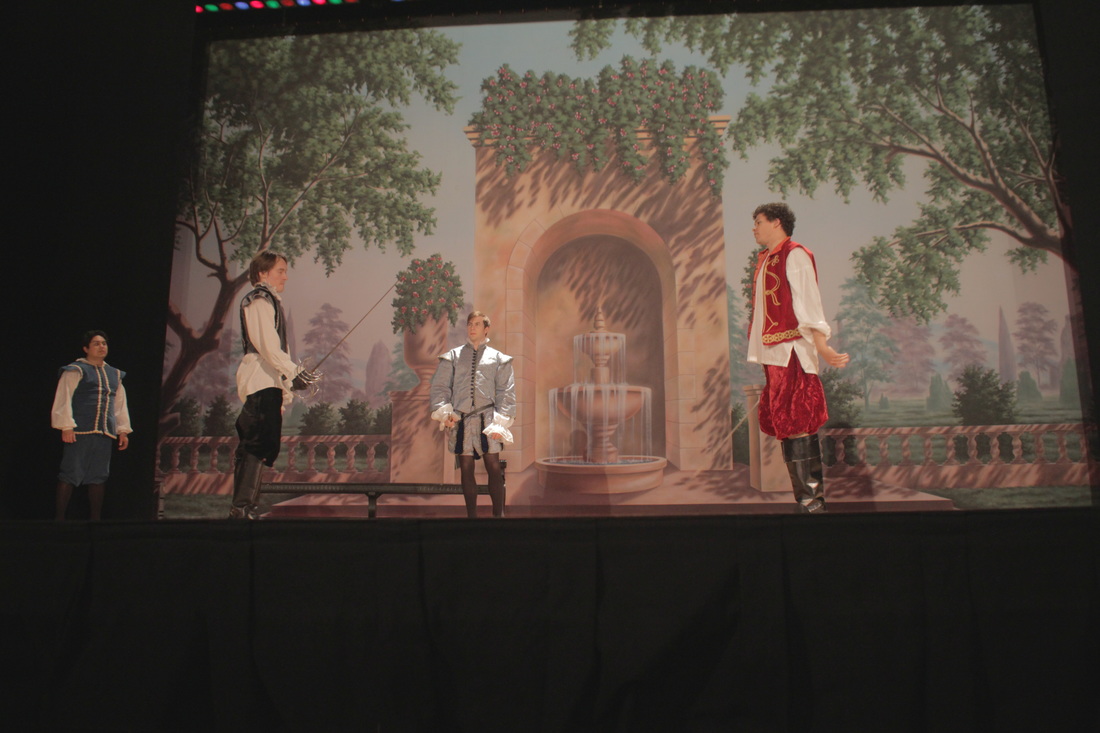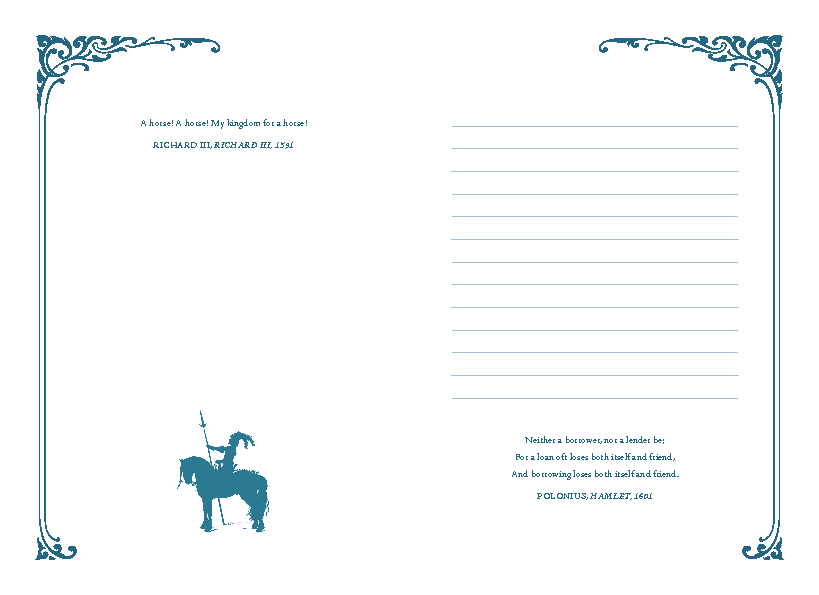Parents of middle school children, you know this scene. You’ve got to head up to the school hours after classes are over to pick up one of your children who had to stay after for one activity or another. As a parent you think, “Great! One on one time! Bonding!”
“How was school?” you ask.
“Eh,” you hear come from the back of her head. She’s busy texting.
“What were you doing after school?”
“What? Daddy, I’m trying to schedule my next appointment. And I need to pee.”
“Oh. So we’ll just sit here in silence, then.”
“I just have to do this. And pee. Badly. I haven’t gone to the bathroom since seven this morning.”
Now, I’m the kind of dad that won’t take this sort of thing lying down. So I spend the ten minute drive home narrating the entire trip. “Hey look a red light, we’ll just hang out and be quiet longer, that’ll be nice. Oh, no, wait, turned green, here we go. Taking a left. You know the police tend to hang out on this street you have to be careful, it says limit 25 but before you know it you’re going 40 and that’s when they get ya. I should really slow way way down. You did say you had to pee, didn’t you? Wouldn’t want to get pulled over, that would take forever.”
You get the idea. Get sassy with me missy and you’ll pay for it.
So we get home, she flies upstairs, we go about our business. I help make dinner. Eventually dinner is ready and we all sit down to dinner.
“Guess what?” this same sassy child tells me as I’m setting the table.
“What?” I ask.
“We had a Shakespeare presentation at school today!”
“….I WAS IN THE CAR WITH YOU FOR TEN MINUTES AND YOU DIDN’T FEEL LIKE MENTIONING THAT?”
“I told you, I had to pee.”
“What kind of presentation?” I asked.
“Some guy dressed up like Shakespeare, told us everything about him.”
“Which you probably knew already.”
“Yeah, mostly. Then he did some stuff from the plays. He recited a sonnet.”
“Which one?”
“The shall I compare thee one.”
“18. Obvious choice.”
“And I was sitting there listening and I thought, ‘Hey, I know this one.'”
“You certainly should, you’ve literally known how to sing it since you were five years old!”


